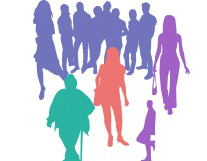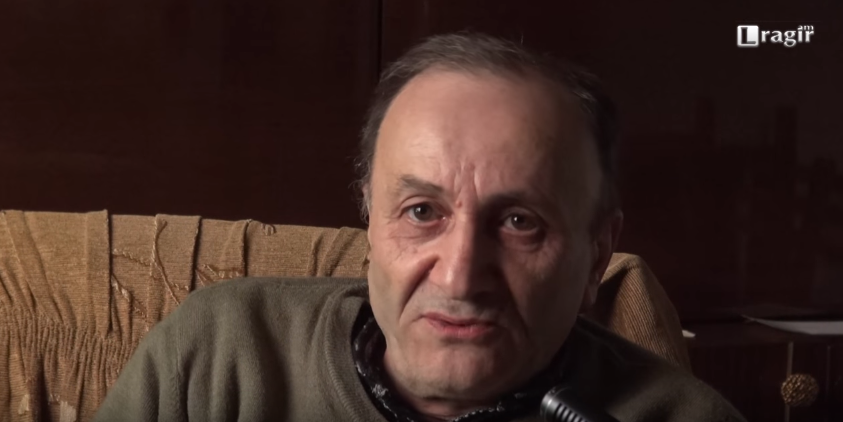Customs Union or European Union?

Peace Dialogue NGO carried out a research among young people on issues such as RA domestic and foreign policy, security, etc. The second analysis based on this research touches upon the expediency of Armenia’s integration either into European Union or Customs Union, as well as the pros and cons of integration. (See the first analysis here)
480 young people from different regions and communities of Armenia, who participated in the survey, share the same expectations and aspirations in this regard (Infograph. 1). The number of votes in favor of joining the Customs Union is 232 (48.3%). The number of votes in favor of joining European Union is 206 (42.9%). 32 participants mentioned that they do not have enough information about these structures and 10 participants found it difficult to answer the question.
The survey included additional questions to find out the intentions of participants who were in favor of joining the first or second union. Consequently, the survey helps to find out what benefits there are in joining the Customs Union or European Union and what favorable and unfavorable conditions there are for Armenia according to young people who participated in the survey.
From the second and the third infographics shown below, it becomes clear what expectations and anticipations have those who voted in favor of Armenia’s joining Customs Union or European Union.
Accordingly, 232 participants who voted in favor of Armenia’s joining the Customs Union believe that the most important pre-requisite for joining this union is that it will create opportunities for economic development. The second pre-requisite is the security.
89 participants out of 206, who see Armenia’s future with European Union, expressed this wish because of human rights protection.
62 participants expressed an opinion that Armenia can reach economic development in case it joins the European Union not the Customs Union.
It is worth mentioning that the Human Rights issues were on the first place for those who voted in favor of joining the European Union, while these same issues were on the last place for those who were in favor of joining the Customs Union.
The facts that the majority of Armenians agree to be deprived of their freedoms but to join the Customs Union and that they are ready to sacrifice human rights in exchange for economic benefits, is indicated by the analysis of young people’s responses to another question of the survey (Infographic 3)
To the question “What do you consider the most urgent issue for Armenia?” the participants of the survey were to choose three answers and classify them according to importance: first, second, and third place.
Consequently, according to them the most urgent problems for Armenia are those connected with material welfare of people: unemployment (Cumulative 69.9%), poverty (64.2%), and emigration (63.5%).
The above mentioned problems were out of competition compared to some other sensitive topics in the survey, such as human rights violations (35.8%), re-escalation of war (30.4%), NK conflict (29.3%), recognition of Armenian Genocide (24.3%), corruption (23.7%), falsification of election results (23.1), not to mention about some “minor” problems, such as the blockade of Armenia, weakening of Armenia’s foreign policy, high level of crime, monopoly and lack of competition, low level of education, loss of moral values, access to quality health care, etc.
Perhaps, today the biggest issue for young people, besides the social problems, is the death cases of soldiers in peacetime: 53.8 % of respondents mentioned this issue.
This analysis is based on the database of sociological research study. The research study was carried out among young people aged 18-25 in Yerevan and several communities(Yerevan, Vanadzorm Ijevan, Gavar, Goris, Achajur Sarigyugh, Sevkar, Margahovit, Saral, Noratus, Gandzak, Shinuayr) of Tavush, Lori, Gegharkunik and Syunik regions of Armenia in July 2014.
Due to resource restrictions the sample size of the research was set to 480 individuals implemented by quota sampling. Quota sampling was done appropriate to the residence (capital-city-village), gender, age and “student”, “not student” quotas. The research was carried out with “face-to-face interview” method. The sampling error is 4.4%. The reliability level is 95%.
The research was carried out in the framework of the Safe Soldiers for a Safe Armenia project of Peace Dialogue NGO supported by PAX organization.
PAX is a Dutch civil society organization that works with its partners for peace, reconciliation and justice worldwide. The organization supports local peace efforts in conflict areas and builds bridges, nurture mutual understanding and improve disrupted relations between groups. Pax aims to prevent conflict and to build a peaceful, democratic and just society.
Posted 01 October, 2014















